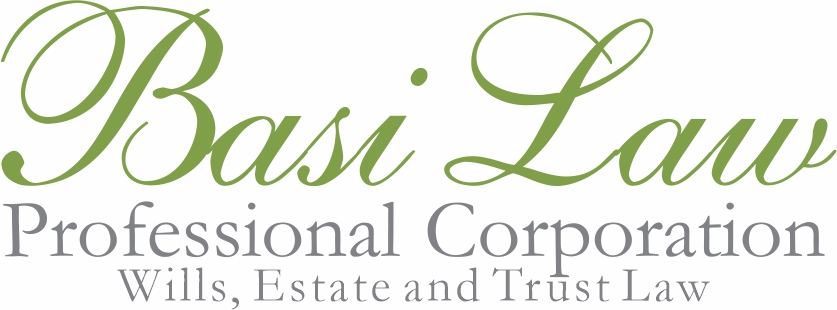If you die without a Will, your estate may not be distributed the way that you want. For example, a common law spouse is not entitled to assets under intestacy law. In addition, once your estate has a value of greater than $200,000, children are entitled to part of the estate. If they are minors, their share will be managed by the government or the Court, and distributed to them when they turn 18 – which many parents consider to be too young and inexperienced to have full control over substantial assets.
If you and your spouse die in a common accident before you have drawn up a Will, the court will appoint a guardian for your minor children without knowing your intentions. Your Will is the document which informs the court of your wishes, and gives your named guardian 90 days with your children.
There are many opportunities for income and probate tax planning that are simply not available to you if you do not have a Will.
Execution requirements for Wills are stringent – breaching them means your Will can be null and void. In addition, while you have lots of testamentary freedom in Ontario, this freedom is not absolute – your lawyer will let you know whether or not your plan is workable.
Certain assets may not fall under your Will. Do you know what these assets are? Your qualified lawyer will.
Do you understand the income tax and probate tax consequences of the choices you have made? If not, your beneficiaries may not receive the distribution that you intend. Will your family have to sell the beloved cottage in order to pay your final income tax bill?
Estate litigation is growing by leaps and bounds. The best defence is a rock-solid solicitor’s file.

